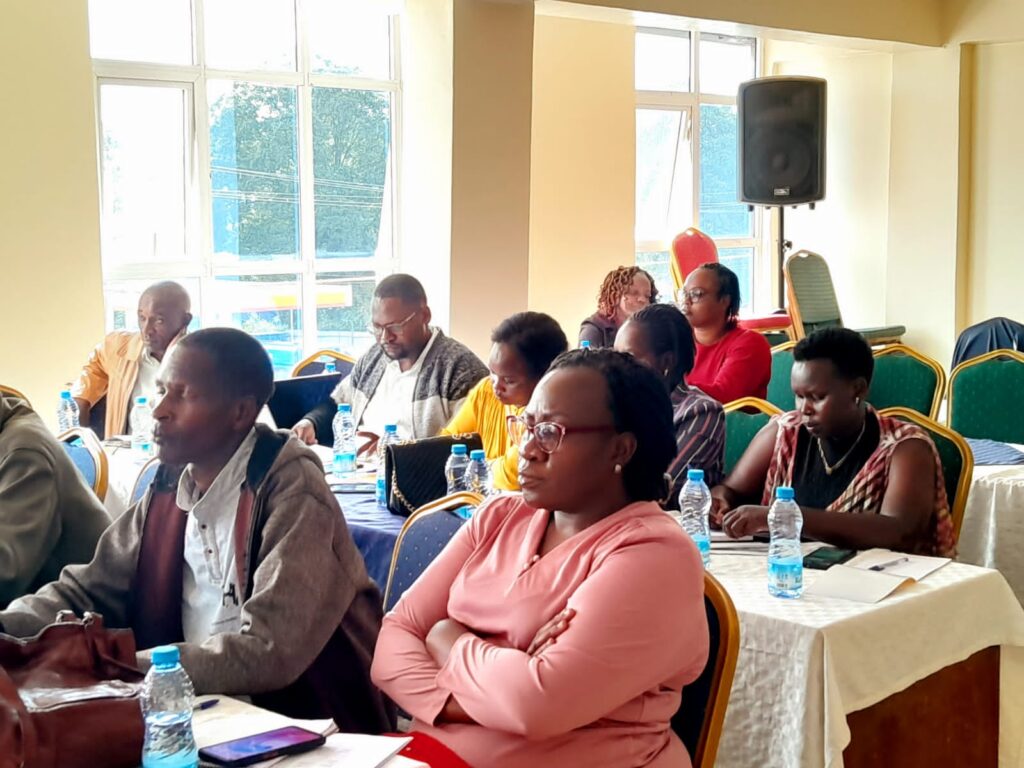Stakeholders in West Pokot County Calls for Urgent Drought Situation Intervention

By Emmanuel Oyasi,
The National Drought Management Authority (NDMA) on Tuesday held a meeting with various stakeholders in West Pokot county to validate an ending drought emergency document that is intended to be used as a guide to deal with the effects of drought in West Pokot County.
Speaking after the meeting that was held in Makutano town, the NDMA deputy director West Pokot branch Paskalia Kagwara, said the objectives of the document is to end drought emergencies by the year 2032.
Mrs. Kagwara said that the document will further guide how all the stakeholders will work together to end the effects of drought in badly stricken areas in West Pokot County.
“We met with other stakeholders in West Pokot County to validate the document known as ending drought emergency, with the objectives of ending drought emergencies by the year 2032,” said Mrs. Kagwara.
She added that once the document is finalized, it will give way to various departments and agencies to come up with actions and strategies to address the issue of food security.
According to the county’s world vision officer Teresa Cheptoo, a large percentage of West Pokot County is facing drought, the education sector having been greatly affected.
While making her remarks she said many learners are forced out of school due to the biting food shortage.
“West Pokot is largely affected by drought, a situation that has seen many pupils drop out of school due to shortage of food,” she said.
Meanwhile, the special programs and disaster management chief officer, West Pokot County David Chepelion, said that the county government is developing various plans to deal with the effects of drought, including drilling boreholes, planting trees and encouraging farmers to plant drought-resistant crops.
“As a county, we are developing various strategies that will help in dealing with drought effects. Some of these strategies include drilling boreholes, sensitizing residents on the importance of planting trees and encouraging farmers to plant drought-resistant crops,” said Mr. Chepelion.
